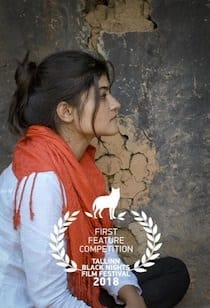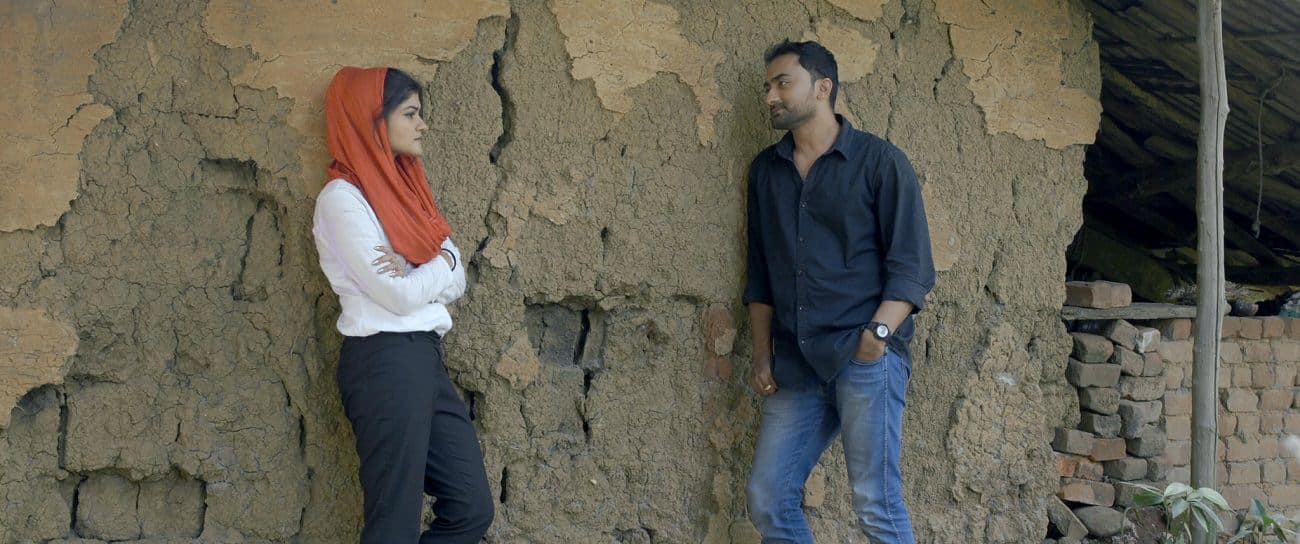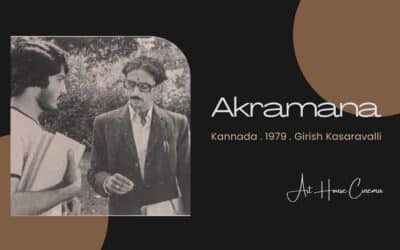Hello Arsi is a critically acclaimed 2018 Odia film directed by Sambit Mohanty. Set in the backdrop of the mining belt of Rourkela, the film traces the story of a young man and a woman whose paths cross accidentally.
Hello Arsi was the first and only feature film made by Sambit Mohanty before his untimely death. A path-breaking post-modern take in Odia cinema, it won the National Award for Best Odia Film, Best Screenplay and Special mention (actress) in the 65th National Film Awards.
Cast
- Prakruti Mishra – Arsi
- Partha Sarathi – Taxi Driver
- Priyambada Roy – Other Female character
Crew
- Direction – Sambit Mohanty
- Story/ Screenplay – Sambit Mohanty
- Editing – Shibprakash Mohanty
- Cinematography – Prasantanu Mohapatra
- Sound – Subash Sahoo
- Lyrics – Akshaya Mohanty
- Music – Mitrabhanu Mohanty
- Production – Ajaya Routrey
Story
Sudden Industrialization and big-scale mining activities in central-eastern India, in the twenty-first century, have affected the socio-economic fabric of society which was earlier dependent on agriculture. People feel alienated due to this shift. A new meaning in life has to emerge. In this backdrop, a young man and a young woman cross each other’s path accidentally, each searching for his/her identity. Their journey starts in a car on the ever-expanding ROAD. The moving car becomes a temporary home away from the real home which never is anymore. The ROAD however becomes a ROAD of lies and betrayal. Both the characters are seeking freedom. Is it an escape from REALITY? Or is it only a DREAM?
HELLO ARSI delves into these themes and tries to see a new meaning through the inner reflections of these characters.
Commentary
Hello Arsi is a film that falls into the category of ‘road movies’ and is set against the backdrop of industrialization and land acquisition in the name of development.
Hello Arsi subverts the conventional story-telling structure with an élan that belies its debutant nature. The plot is minimal, without any immediate causal relationship between its scenes. We never get to know when and how the two protagonists of the film – the driver of the car and the girl he gives a lift to – meet. There aren’t any back-stories to help us understand the characters – we can only guess – and their relationship proceeds through long, extended dialogues as they drive through the highway that bears witness to rapid industrialization.
Unlike in a dramatic narrative form, there is no ‘big reveal’ and even when a third character – a middle-aged woman who asks to be dropped at a certain point shifts her position in the back seat to gain the male protagonist’s attention through the rear-view mirror – nothing dramatically significant happens in the chemistry between the three occupants of the car.
It’s a kind of style that is quite alien to Indian cinematic traditions, and therein lies its uniqueness. It holds a mirror to the audience – Arsi in Odia means mirror – that reflects the contradictions of a society in transition and its effect on characters without them realizing it or being apparently perturbed by it – but is that really so?
The film derives much of its strength through such ambiguities. The passing landscape seen from inside the car provides a kind of visual metaphor that acts as a counterpoint to the ‘drama’ inside and portends a future which despite all its claims of development, seems to be uncertain and problematic. That way, it is an intensely political film without being overt.
Awards & Recognition
- 65th National Film Awards (2018) – Best Odia Feature Film
- 65th National Film Awards (2018) – Best Screenplay
- 65th National Film Awards (2018) – Special Mention (Actress)









